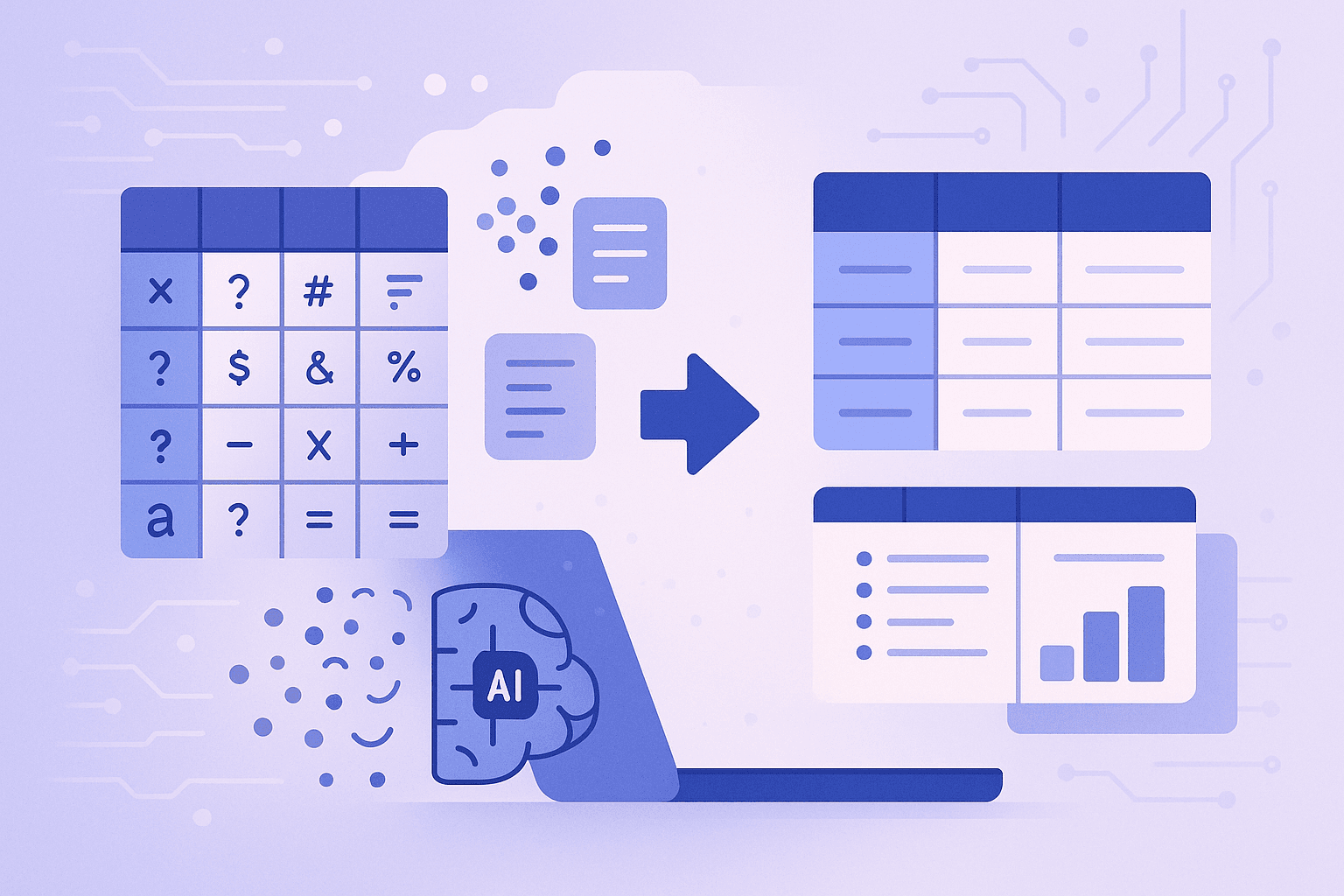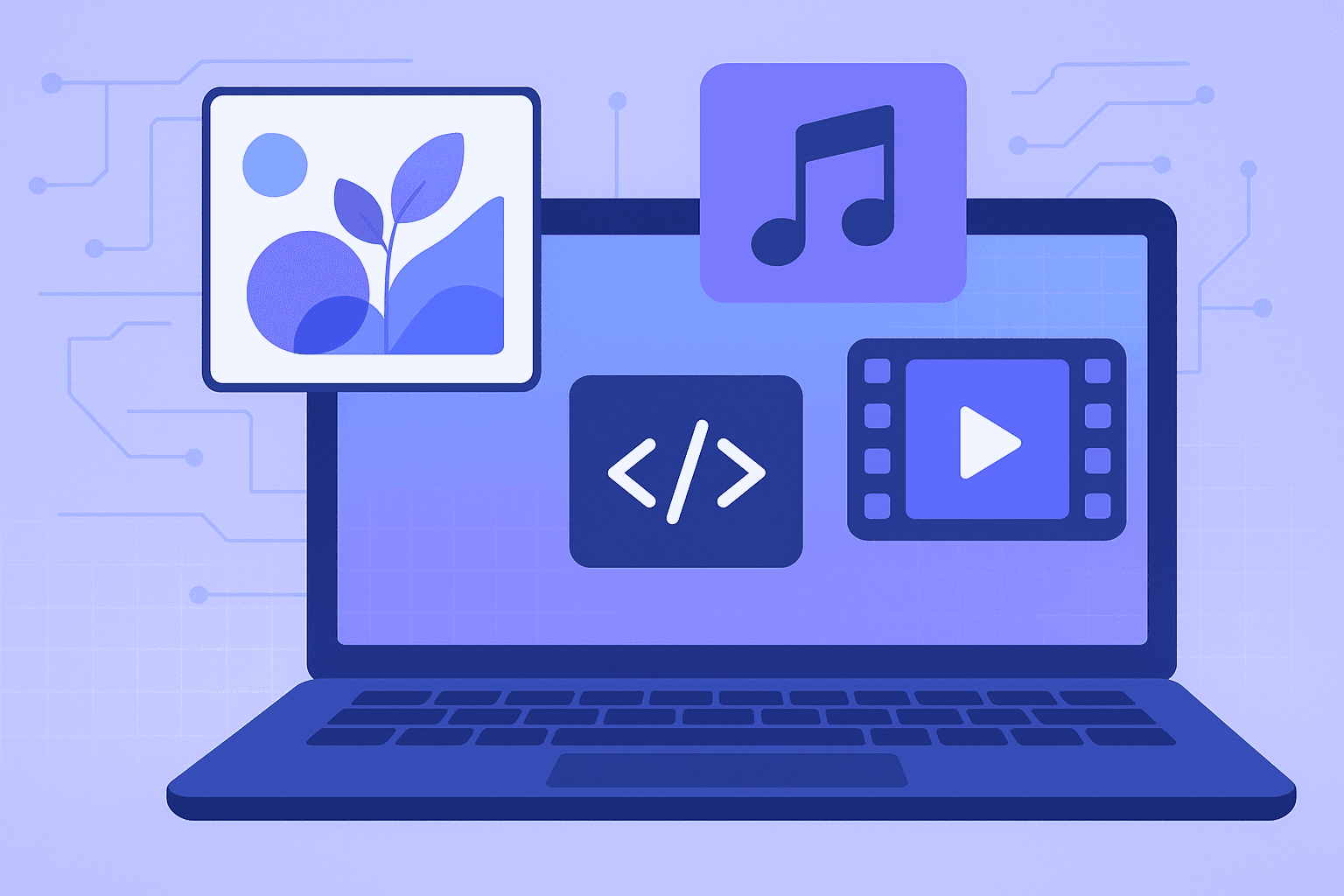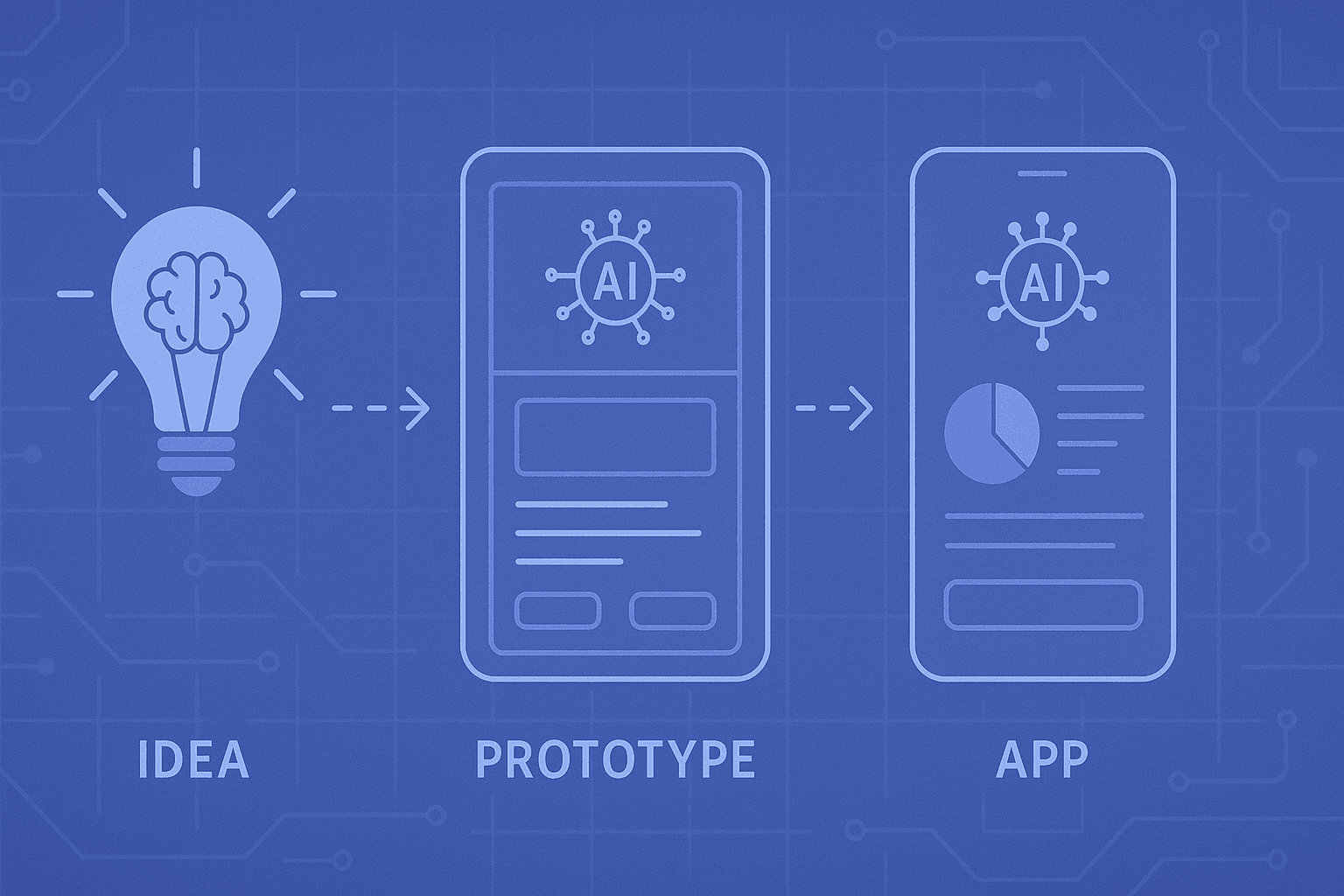10 Essential Skills Every AI Professional Needs to Succeed in 2025
The AI industry is evolving faster than ever. Here are 10 skills that will keep you relevant, in demand, and ahead of the curve in 2025.
MeetXpert Team

If you work in AI or are planning to in 2025 is shaping up to be a wild ride.
New tools are dropping faster than we can refresh our feeds, and the difference between an “average” AI professional and a “standout” one is getting bigger by the month.
Over the past few years, I’ve had the privilege of working with AI experts, scrappy startups, and bright-eyed learners. One thing is clear: the people who thrive aren’t just technical wizards. They’re the ones who combine technical know-how with adaptability, business sense, and the ability to explain AI without putting people to sleep.
Whether you’re just getting started or already knee-deep in AI projects, here are 10 skills that will help you crush it in 2025.
1. Prompt Engineering & LLM Optimization
Prompt engineering is like having the right map before you set off on a trip. Without it, you’ll probably get somewhere… just not where you wanted.
With models like GPT-5, Claude, and Gemini, your prompt is the instruction manual. Nail it, and you’ll get answers that feel magical. Mess it up, and you’ll wonder if the AI had its morning coffee.
Pro tip: Learn how to use few-shot examples, break big questions into steps, and give your AI “roles” (like “act as a financial analyst”) for better results.

2. Solid Machine Learning Foundations
It’s tempting to skip straight to the shiny tools, but the AI pros who last understand the fundamentals:
- How models learn
- Why they make mistakes
- How to measure if they’re any good
Think of it like cooking: you can follow a recipe without knowing why it works, but if you understand the basics, you can create your own masterpiece — and fix it when it’s not quite right.
3. Data Engineering & Preprocessing
Every AI model is only as good as the data you feed it. If the data is messy, biased, or incomplete, your model will make bad decisions. And in AI, bad decisions can cost millions.
Get comfortable cleaning data, joining datasets, handling missing values, and building pipelines. Tools like Pandas, SQL, and Apache Spark should feel as natural as your phone’s keyboard.

4. MLOps & Model Deployment
Training a model is exciting. But in the real world, the question is: Can it run reliably at scale?
In 2025, employers will look for people who can:
- Package models with Docker
- Deploy them on Kubernetes
- Monitor performance over time
- Roll out updates with CI/CD pipelines
Because a great model that lives only in a Jupyter Notebook isn’t much use to anyone.
5. AI Ethics & Responsible AI
AI can be powerful, but it’s not neutral.
It can unintentionally reinforce bias, invade privacy, or make decisions that aren’t fair.
As regulations tighten, companies will need professionals who can design AI systems that are transparent, explainable, and ethical. If you can be the person who ensures AI is used responsibly, you’ll be in high demand.
6. Generative AI Applications
Generative AI isn’t just a buzzword anymore — it’s driving real products. We’re talking AI-generated:
- Images for marketing campaigns
- Videos for training courses
- Code for software projects
Knowing how to work with tools like Midjourney, Runway, and GitHub Copilot can make you the go-to person for innovative AI applications.

7. Domain-Specific AI Expertise
Being good at AI is great. Being good at AI in a specific industry? That’s gold.
Whether it’s healthcare (and understanding HIPAA), finance (and knowing anti-money laundering laws), or law (and navigating case research), pairing AI skills with industry knowledge makes you hard to replace.
8. Communication & Client Skills
AI is complex. Most clients, managers, or stakeholders don’t care about your model’s parameters — they care about what it means for them.
If you can explain AI in plain language and tell a compelling story about the results, you’ll stand out. Bonus points if you can make someone actually excited about a confusion matrix.
9. AI Product Thinking
The most valuable AI professionals aren’t just building models — they’re building solutions.
Instead of starting with “What can AI do?”, start with “What problem are we solving?”
This shift is the difference between a cool demo and a product people will pay for.

10. Continuous Learning
The AI world moves fast — what’s groundbreaking today might be outdated next quarter. The pros who thrive treat learning like brushing their teeth: daily and non-negotiable.
That could mean reading new research, trying out APIs just for fun, or joining AI communities to swap ideas.
Wrapping Up
In 2025, AI success won’t come from mastering one tool or framework. It’ll come from adapting quickly, solving real problems, and communicating your value clearly.
Start building these skills now, and you won’t just keep up with the AI wave — you’ll ride it.
💡 Quick win: Create a profile on MeetXpert and showcase your AI skills to clients around the world. The opportunities might surprise you.
